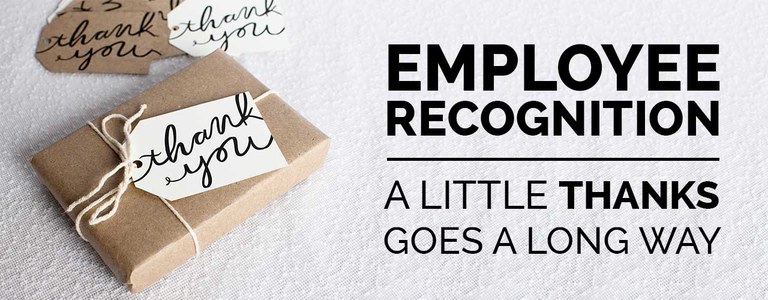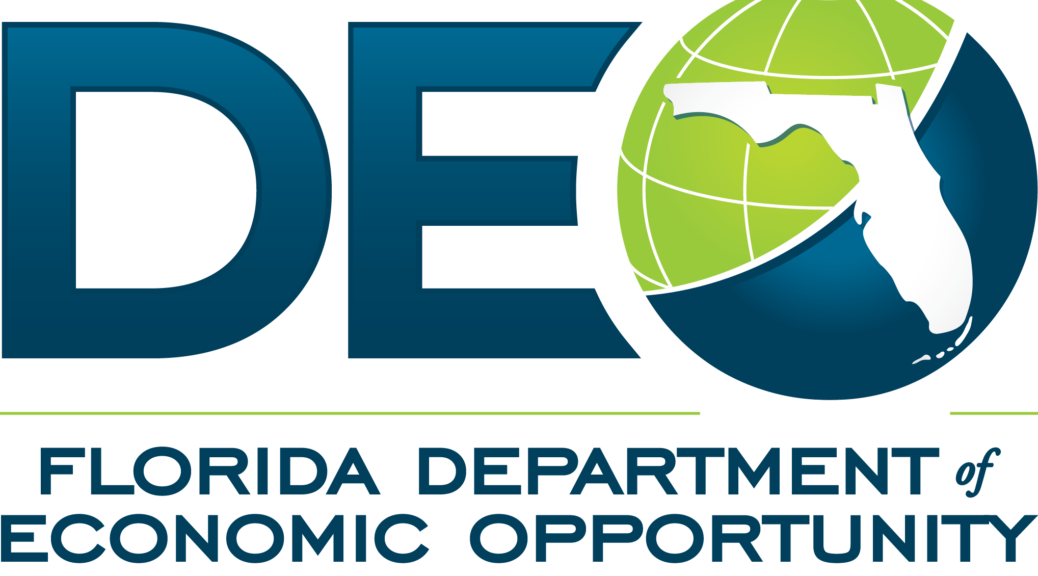Let’s face it – continuing to do the same thing, at the same time, in the same way, is boring. This is totally true for employee recognition. Classics include: employee of the month, gift certificate raffle, great parking spot, monthly lunch were all great ideas – but companies need to keep things fresh and trendy to keep employees interested. As we approach 2018, take a pledge to revisit your employee recognition and reward techniques and implement some new ideas. Here are 10 new ideas to consider:
- Spot awards – not unique, but instead of awarding a gift card, consider giving an unexpected afternoon off, or half PTO day or donation to the employee’s charitable cause (in his/her name).
- Consider more office events involving fun teamwork. For instance, bring in or make pancakes on national pancake day. Think of ways to connect employees with each other, with a common theme.
- Peer recognition is wildly popular right now. Give co-workers a chance to recognize each other’s good work and performance. You can find an app for that or come up with an internal message board (old school) to accomplish the same thing (depending on your budget).
- Recognize employee work anniversaries – bring a “treat” and publicize the reason for celebration. Use a trendy new restaurant, or food fad (aka mini doughnuts, fruit pops).
- Create a “turnover chain” (google Miami Hurricanes football if you do not know) for a key performance indicator or sales goal. Pick something that resonates with your employee base, and see them jump to win it.
- Design (or re-design) the employee news so employee recognition awards are highlighted and are linked to your company values and mission. Add more photos of employees.
- Spent time to develop key performance indicators (“KPIs”) for each position – then design specific rewards or compensation incentives. Use color levels or cool names to label the achievement steps. People like to know their goals and track their success.
- Put a new twist on your perfect attendance award by partnering with a local charity and “lend” your winner to the charity for a day. The winning employee can spend the day building a Habitat for Humanity or care for working dogs at Southeastern Guide Dogs or whatever. They feel good, and you can profile their day in your employee news.
- Employees that bring great suggestions or ideas that save money, lower costs or improve customer satisfaction can be recognized with their choice of rewards – house cleaning for the month, a month of yard mowing services, car washes for the month or fill up their gas tank for a month. Post the challenge – and post the recognition options.
- Create wall space for recognizing important business successes and publically recognize and link employee contributions. Involve employees in the wall design. Then, publically post any customer “shout outs” for great service, above and beyond courtesy or creative problem-solving. Give your wall a name that properly reflects your company culture and team.
In 2018, try something new and see what happens. I bet you get your employee’s attention.
Consultstu LLC provides fractional HR services to small/mid businesses to lower operational costs, improve business processes and comply with workplace regulations. We deliver customized HR and risk management solutions that provide protection from expensive mistakes and strategies to improve workplace results. Call us at 727-350-0370 or visit http://www.consultstu.com









